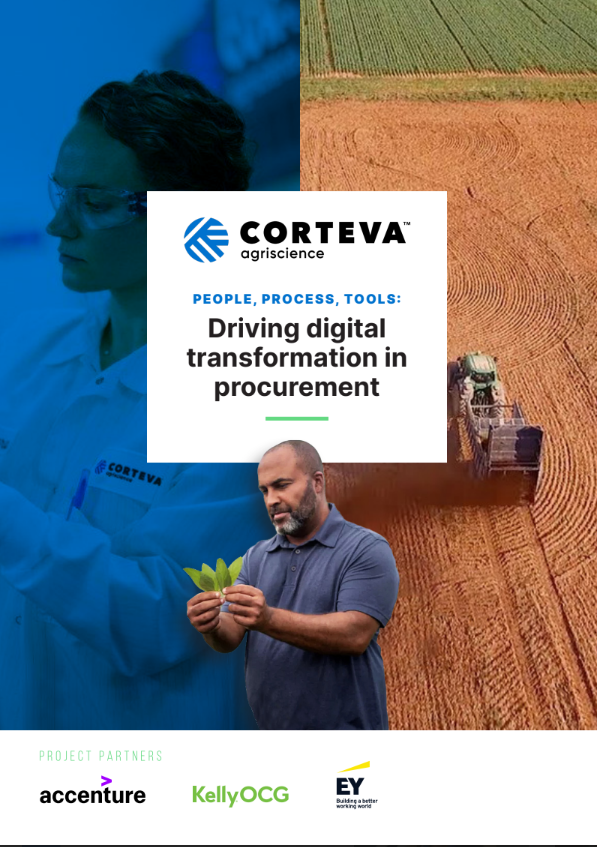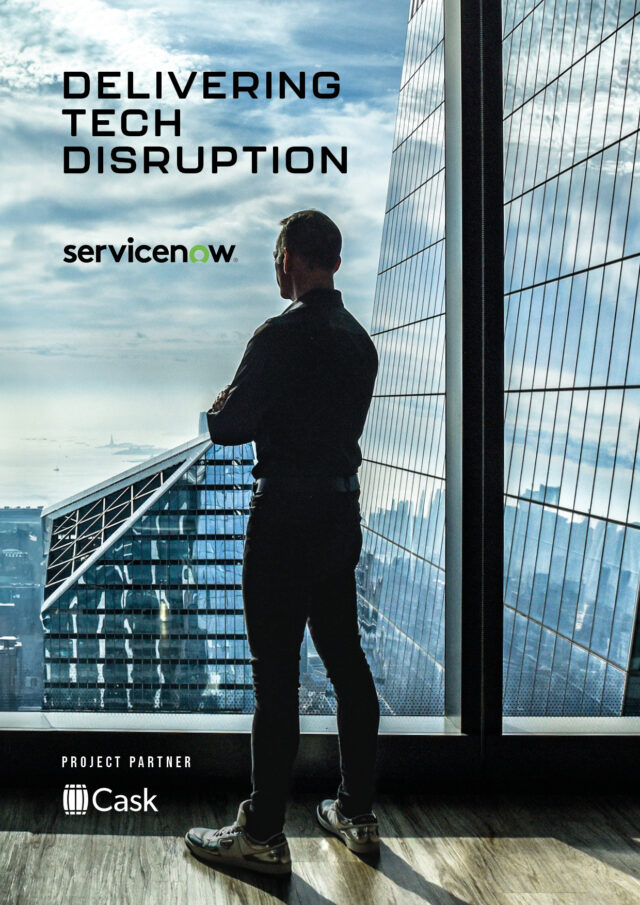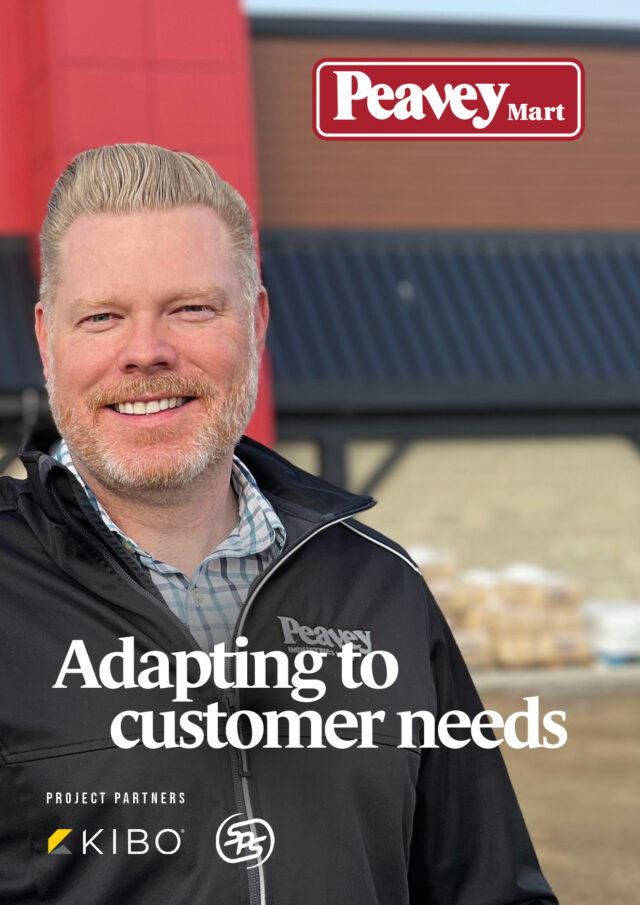We speak to Romain de Maud’huy Chief Transformation Officer for Travel at AXA Partners, to see how the global insurer is harnessing the latest technology to reconfigure its offerings.
Technology is reshaping the world on both macro and microscopic levels. Industries, enterprises, processes and products are being constantly reconfigured by the sheer disruptive speed and scale of technological change. The customer and his or her expectations are at the heart of any commercial shift, and the reaction to this on behalf of business is crucially people-led also, no matter how sophisticated the changes. In no market is the customer more focused upon than insurance.
When a client needs coverage or help, insurers need to be swift and smart in all their internal and external operations in a market experiencing massive change and numerous challenges from customers and competitors. Insurers need to be both global in reach, coverage and culture and yet local and empathetic in exactly the same regard.
As one of the largest global insurers, AXA’s purpose is to empower people to live a better life. AXA Partners – an AXA transversal business unit – designs, implements and manages projects with selected global partners and supports AXA entities to develop successful local partnerships covering automotive, banks and credit cards, retailers, utilities and telecoms, digital players, public sector and non-government organisations.
In 2018, AXA Partners’ revenues reached €3.03 billion. Romain de Maud’huy drives digital transformation of Travel at AXA Partners having joined the company in 2017. The CEO at the time wanted someone from the business to take the role, thus ensuring that the subsequent work would be ‘by the business, for the business’. AXA Partners operates worldwide on Travel with a physical presence in more than 25 countries and therefore, one of the insurance offerings that is truly global.
“Our distributors are global,” says de Maud’huy, “and when you distribute to an online travel agent, they want the same kind of experience wherever they sell the product. When you sell through an airline, the clients want the same customer journey and experience. So, it’s global in the sense that it’s a global 24/7 operation serving global partners which customers travel globally…”
Digital transformation allows enterprises such as AXA Partners to build truly global target operating models for global footprints that can then administrate across the planet.
“We’re mostly in B2B2C and so technology allows us to build only one set of products but with a different customer journey, according to the distributor,” he explains.
“We can build a customer journey within the customer journey of our distributor, which all have their own personalities. I’m not just talking about connectivity through API, it’s really the different tools and the flexibility that allows you to build one set of products – so it’s really industrialised – while enhancing your distributor’s customer journey.”
De Maud’huy built a very tiny transformation team within the different models they could have adopted.
“We could have decided to do what most people do, which is to build an independent transformation team which goes full speed and is very efficient with everybody focusing only on that, but then the risk in that is that at the end of the year, you have built something which is not indicative of what the business truly needs. We decided to have a truly tiny transformation team to have a transformation ‘by the business, for the business’.”
For de Maud’huy, speed is essential to a successful digital transformation as disruption in the market can happen very quickly. Speed is a key element, he says, because you don’t want to asphyxiate your business with a never-ending transformation.
“You want to work fast, because you want nice success stories to come quickly and regularly, to keep the funding across the project, but also to keep people engaged; to keep the energy, to keep the momentum,” he explains. “The first rationale behind the digital transformation at AXA Partners was to put back the customer at the center of everything. It was also about efficiency and not being disrupted down the road,” de Maud’huy explains.
The work at AXA Partners is motivated by ‘simplify, simplify, simplify’. AXA Partners had a claims system with 12,000 contract templates in it.
“We changed up and leveraged the AXA Group center of expertise’s contract building tools,” de Maud’huy explains. “We went from 12,000 templates to just under 50. Simplify, simplify, simplify!”
The idea behind the digital transformation at AXA Partners was a fundamental revamp, while making sure that in 3-4 years’ time, all the moving parts continue to move together and make sense.
“What is essential is the mix between what I would call essential, fundamental, game-changer tools or processes, which are pretty heavy to change, and little quick wins, because if you do only the former, people get bored and the energy disappears. Another killer is the mix between what you invest in the transformation and what you invest in your BAU to maintain your legacy tools a few years more. You have tools already working, they’re not state-of-the-art digital, but they are working. However, if you invest everything in your transformation, you asphyxiate your business for 3-4 years and if you don’t invest enough in your transformation, because it’s costly, then it takes too long.” Start your digital transformation with the basics, de Maud’huy suggests.
“It’s building or confirming your vision; basically identifying your key differentiators. I think too many people start transformation thinking about tools; but it’s really about your vision of your business and your key differentiators. You build your target operating model around the customer journey that you imagine for your client, so it’s putting the customer back in the middle. The customer experience is at the centre of it and in the travel business our vision at AXA Partners is to always have the backs of our clients, in whatever they do, wherever they are. The key differentiator we identified in Travel in AXA Partners, is that we believe that we have an edge in the medical assistance we offer; it’s a real differentiator for us, because it’s actually a life changer. It’s important for you to be reimbursed if your suitcase is damaged, but it’s far more important that we care of your kids or repatriate your partner if you’re traveling abroad. So, it’s really about your vision first, then identifying your key differentiators, and building your target operating model around your customer journeys.”
Digital transformations affect people just as much as processes and tools. Change management can be a real challenge when implementing new operating models and systems and is often not anticipated enough. De Maud’huy likes to tackle that particular obstacle right from the start.
“Technical, digital people, business people, tend to forget that change management is essential,” he says.
“IT teams tend to focus on delivering their projects and the milestones of those projects, whereas the only thing we should worry about is the impact the project will have after it’s delivered, and the team has been dismantled. Change management is an absolutely key component. You have to work on it at the beginning of your project, because you need to do the change assessments, and train your sponsors. It’s not natural to be a sponsor, especially when you’re using different programmes or project techniques. Whatever you estimate you need to invest in change management, the truth is that you probably need to double it. One often undermines that component, sadly.”
Another problem with large organisations is how to integrate new and Agile modes of work within big corporations operating with a strict and strong governance.
“Agile gives great flexibility, great speed, so that’s great, but the difficulty is most of the big corporations are ‘waterfall’ type of organisations. When you’re actually running Agile projects, you want people to think in Agile, to have daily meetings and to empower the team on their decisions. But many companies operate in financial quarters and have monthly meetings, yearly budgets and roadmaps.”
De Maud’huy also cites issues surrounding the retaining the right talent and creating alignment between business teams, IT teams and providers’ teams.
“Your business people know the business, and what’s needed and will be able to imagine the business differently. If you take only people from outside the business, they might have loads of ideas, but they might completely miss the complexity and diversity of the business. However, if you take only people who have been doing the same process for years and years, it’s very difficult for them to imagine something radically different. That’s where diversity helps. It’s about managing that balance.”
De Maud’huy realised early on that AXA Partners could not do everything by itself. A helping hand in locating and utilising technological talent, the world over, comes in the form of AXA Next; an entity in charge of innovation at AXA Group level.
“It’s in charge of monitoring what’s happening in the tech world and so we have labs in several parts of the world. This division is also in charge of investing in start-ups through funds with AXA Venture Partners. It’s also in charge of identifying interesting business models, looking for entrepreneurs and incubating those business models with Kamet.” “We’re using one of the Big Five as an integrator on one of our main projects and it’s working very well,” he says.
“The Group used them in Asia on a similar project, so the ramp-up was much faster as they knew how to work with us. There are so many things it will be difficult for us to be experts of all, and if you have a start-up which raises 20 million to work on AI, and it is focusing only on that, they will most certainly have an edge. Having your internal IT experts working with them on a mixed solution is probably to best way forward.”
De Maud’huy believes the soul of AXA Partners’ digital transformation is in putting the customer at the center of the process.
“At AXA, we are making the change from being a “payer” to being a “partner” to our customers. In traditional insurance, you only have contacts with your insurer when you pay or when you have a claim, and when that happens the customer might even feel like he or she is being treated like a potential fraudster. Basically, at AXA we are moving to another paradigm where we are the partner of our customer. A good example of what we do is in the corporate mobility world; basically, business travel. We’re here to help businesses protect their employees when they’re abroad. AXA Partners and its clients are benefitting from Travel Eye which harnesses innovations such as feeding the platform with live geopolitical or natural catastrophe events, so they know what’s happening in the areas where their employees are.”
“Teleconsultation and parametric insurance are also very interesting,” de Maud’huy explains. “In parametric insurance, there is an external provider of that data which automatically triggers reimbursement (through pre-defined parameters). Reimbursement features no human decision or discussion and it’s completely automatic.”
The advances at AXA Partners are truly enhancing all of the emerging technologies through the arms of the AXA Group’s Kamet division, which incubates technologies.
“Kamet has incubated the teleconsultation technology, parametric technology, medical platforms we have in use and so through that incubator, we can actually have access to these technologies.” AXA Partners also offers a completely digital concierge based on AI produced with a French company based in Bordeaux. The PLEEZ app offers multiple services through simple voice command or chat access. With this innovation, ‘AXA Partners sets out to enrich its partners’ customer experience’.
PLEEZ helps make users’ daily lives easier by providing them with everything from recommendations to reservations when it comes to restaurant, transportation, hospitality and culture and leisure services. The app’s AI learns about the preferences and tastes of the user on a continuous basis to improve the services it offers. Dedicated experts take over to answer questions when required, without impacting response time. PLEEZ’s many services are based on AXA’s international network of concierge service providers, which has evolved over more than 20 years.
“YourPass is a central Europe e-wallet producer we work with in Czech Republic. It’s very energetic, focused and innovative and we hope to be rolling out this solution in other regions soon. When you buy insurance, we would send you an e-card with a link to the terms and conditions of your contract. When you are travelling, you have your boarding card so receiving your insurance details on an e-wallet is natural. It is also very useful to interact positively with the customer providing him or her with additional services such as PLEEZ or information on the destination. And the customer through the e-card can easily contact us would he or she needs us without having to look for our number or webpage or to travel with the PDF with the insurance contract details.”
“The digital technology we approve and provide will transform the way people are working,” says De Maud’huy and will be focusing less on process and even more on the customer. Ironically the technology allows us focus more on empathy and listening.”









